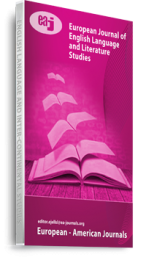This research set out to investigate the extent to which the language of agricultural inputs (chemicals) sold in Cameroon markets is intelligible and reliable to farmers, most especially the rural farmers. The South West, North West, West and Far North Regions were taken as case studies. Data was collected from inscriptions on inputs, farmers’ questionnaires, interviews with input sellers, agricultural experts and farmers, as well as personal observation of the researchers. The data was analyzed quantitatively and qualitatively following Swales (1990) and Bhatia’s (1993) approaches to genre analysis. The findings from questionnaires and interviews revealed that the language of agricultural input products use in Cameroon is less intelligible to rural farmers. This is because of the scientific nature, the formulae and abbreviations used which are difficult for a non- agricultural expert to understand and the fact that most rural farmers have low educational levels. Moreover, some chemicals sold in Cameroon markets do not have labeling and the language of withdrawal period. In addition, the result from questionnaires, interviews and personal experiences revealed that the language of most inputs like fungicide and herbicide are unreliable. Those who respect the application as prescribed on the chemicals fail in their farms and those who violate succeed. This unreliability and absence of instructional language have negative impacts on agricultural output and human health.
Keywords: Agricultural inputs, Cameroon, Intelligibility, Language, Reliability

